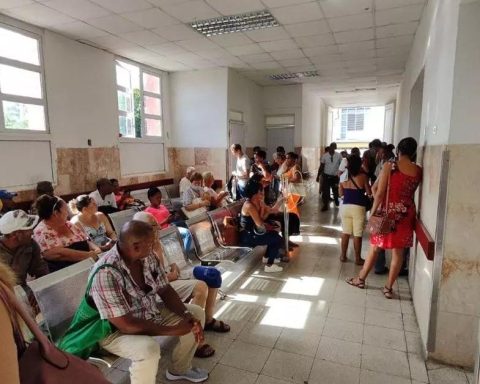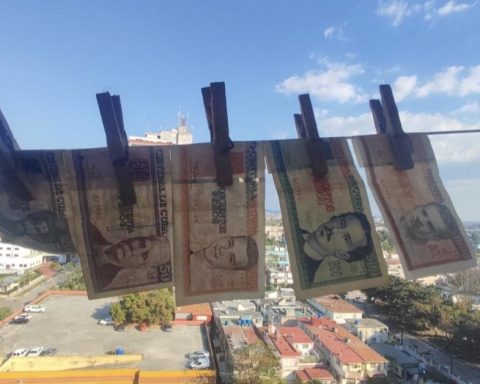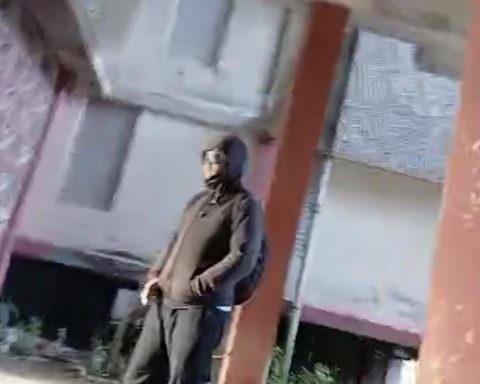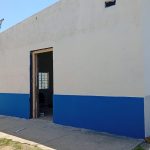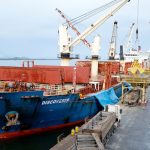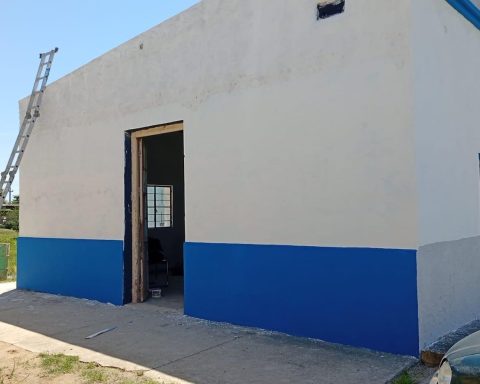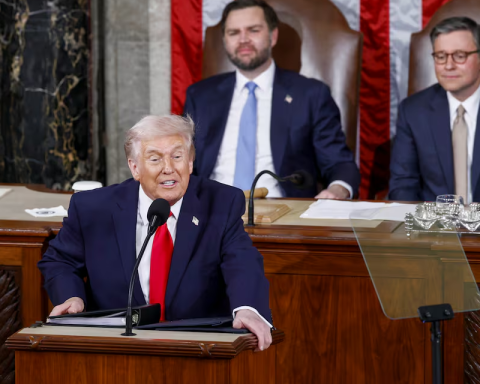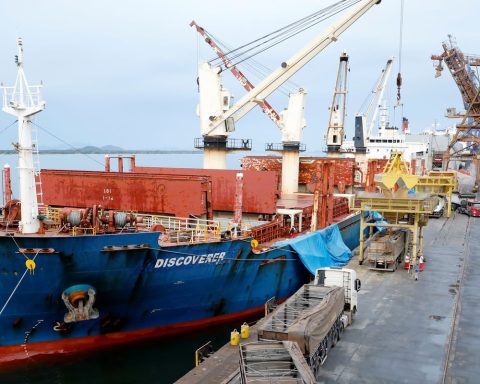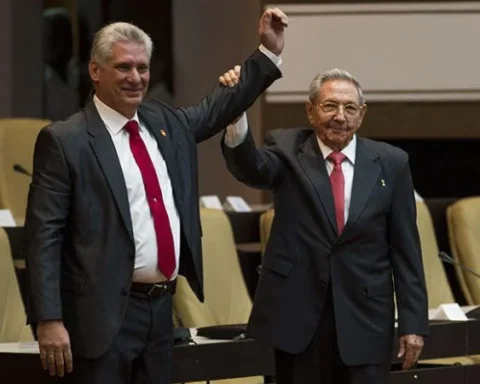
The exciting subject of spy base that China supposedly tries to install on the Island has led a Reuters team to Bejucal, where the dismantled USSR base known as Lourdes was located until 2002 and where the return of the Russians has been speculated for years. Now, the surveillance seems to have another origin.
“Keep Away, Military Zone,” reads a sign at the bottom of a winding, dilapidated road on the outskirts of town. Later, a fence made of barbed wire ends the excursion.
The British agency reporter could see large satellite dishes on top of a hill, in the shadow of a palm-covered hillside. “A rusty-white metal dome, the kind that houses antennas, loomed over the dark jungle, decorated on its flanks with cryptic black triangles, some inverted. Unidentified men on motorbikes, in civilian clothes, photographed reporters as they worked.” , says a note published by the middle east Wednesday.
“There are rumors,” said a farmer from the area consulted with a half smile. “Everyone knows everything here”
He was unable to obtain information from the residents of Bejucal. No one can get through, but many believed that the Russians have been at the facility for some time. “There are rumors,” said a farmer from the area consulted with a half smile. “Everyone knows everything here.”
Rumors of the return of the Russians started in 2014, but Putin himself came to deny it. In 2018 the idea sounded again in different media, but, according to US intelligence, the shots were coming from the wrong side.
“(The Chinese Communist Party) maintains a physical presence at the Soviet-era intelligence facilities in Bejucal in what appears to be a signals intelligence gathering operation,” said a Federal Communications Commission document whose source is a 2018 report from the US-China Economic and Security Review Commission.
US Administration rejection, precisely for this reason, the Island’s request to connect both countries with an underwater telecommunications cable (Arcos-1). The Department of Justice considered that this link was inappropriate “as long as the Government of Cuba continues to be a counterintelligence threat to the United States and is allied with others who do the same.”
In its statement, the US court indicated that there was a “counterintelligence threat” and that, since the state communications company Etecsa would manage the cable landing system, Havana could “access sensitive US data traveling through of the new segment”.
The eyes of the government now led by Joe Biden are on the old Bejucal base, on which Cuba did not respond, as required by Reuters.
“I know that this has something to do with the army, but I am a country person. I take care of my own business,” said another farmer consulted by the agency who insisted that he had no idea who was behind the fence.
The eyes of the government now led by Joe Biden are on the old Bejucal base, on which Cuba did not respond as required Reuters
Although the controversy is fueling a new disagreement between Washington and Beijing, whose relations were already sour since the case of the alleged Chinese balloons, a former CIA analyst consulted by Reuters, Fulton Armstrong, downplays the possibility of China monitoring from the island.
“A listening post would be of marginal value (to China) under current technology,” he said, as current equipment is much more advanced. In this regard, the United States said on Monday that the facilities were improved in 2019, and refused to respond to Reuters if Bejucal was the indicated place.
For the expert, in any case, the most relevant thing is the symbolic value of being located at such a short distance from the United States, which he considers almost a protest against the presence of intelligence and the Army in his area, including Taiwan and the China Sea. Southern.
Bejucal, a small farming town 20 miles from Havana, hosted nuclear warheads that were discovered by US spy planes in 1962, starting the Missile Crisis.
________________________
Collaborate with our work:
The team of 14ymedio He is committed to doing serious journalism that reflects the reality of deep Cuba. Thank you for accompanying us on this long road. We invite you to continue supporting us, but this time becoming a member of our newspaper. Together we can continue transforming journalism in Cuba.
